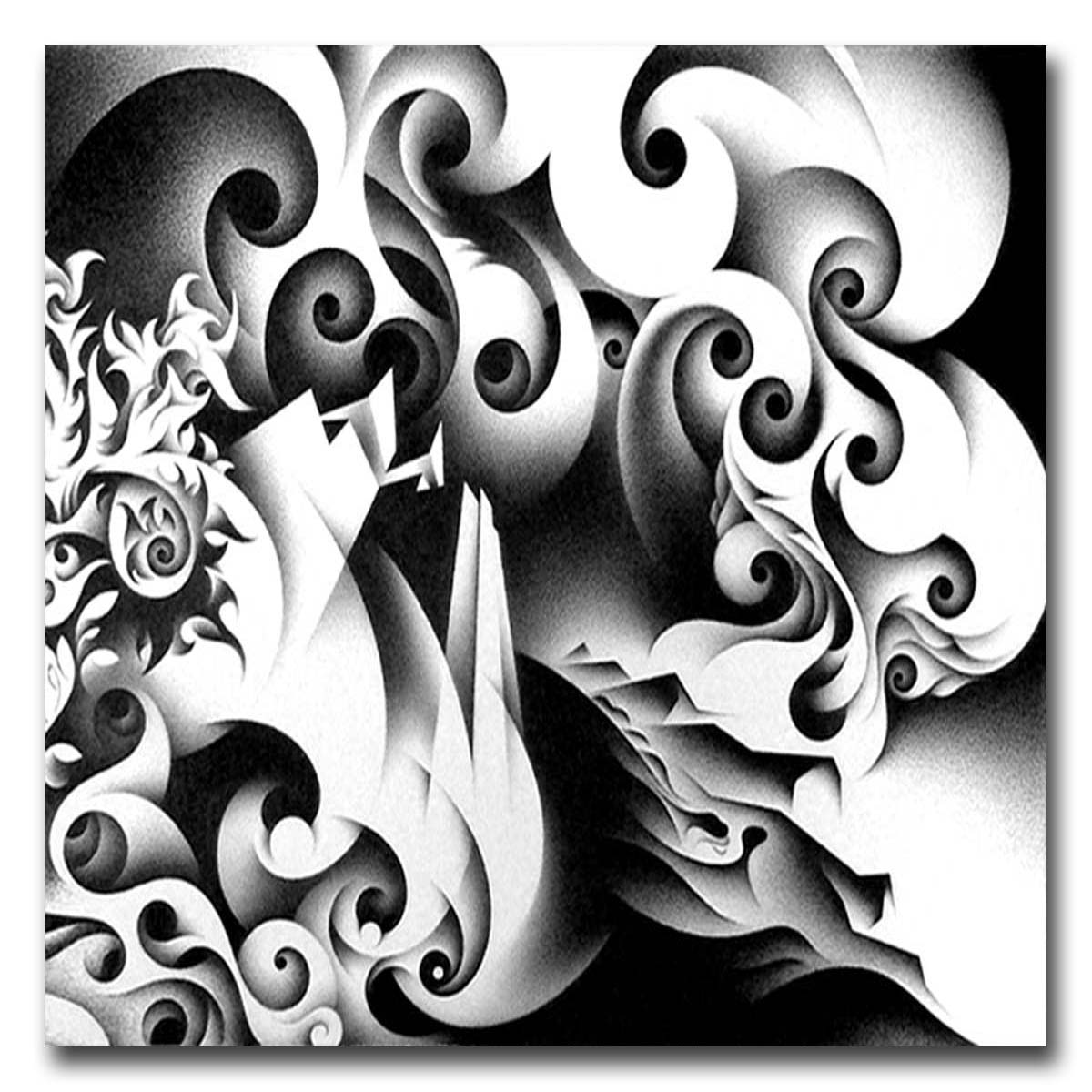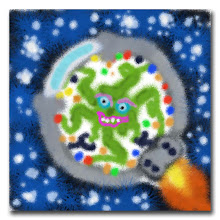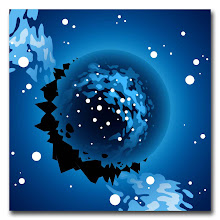
Contact, the movie, is a thing where the only standard of evidence worth noting is human emotion. Contact, the movie, is a courtroom drama, where ones embarrassing moments count as empirical evidence. Contact, the movie, is a place where anecdotal evidence and conjecture will get you laid... Not necessarily a bad thing in itself, but it shouldn’t be the end product of this story.
Contact, the movie, is a bouquet of pretty flowers, that smell bad.
Contact, the movie, is a one-hundred and fifty-three minute long version of 'The Price Is Right.' You want an actual ending? I'm sorry, you've overbid.

OK, that was a cheap shot. Let's class it up a little bit. Why not 'Carl Sagan's Contact ~ The Fragrance?'

Bzzz, wrong. How about something in between... 'Carl Sagan's Contact ~ The Musical?'

(October, 2009: Yeah, they really did it.)
The book is filled with intrigue, history, genuine human emotion and grand motives by inscrutable, yet entirely real higher powers. It soars. It has a social conscience and a reason for being. It releases energy and comes to more than the sum of its parts.
This movie, on the other hand, comes to nothing.
The most glaring absence is of course the wonderful book ending where Ellie finds scientific proof of an intelligence that predates the universe. One might argue that this is too complicated for a movie. And I agree, but only insofar as it is too mathematical in nature. This concept only needed to be translated into the more visual medium. But instead it was simply dropped. And I do not think this is merely a case of expedient story telling. There is a more insidious force at work here.
The faithful hijacked this film and made it theirs. This movie celebrates the peculiar religious notion that the unknowable is a form of pure knowledge. What is wrong with this film is what is wrong with religion, where the meaningless question becomes an argument from authority. 'But who made the pretty flowers?'
So instead of discovering proof of a higher level of existence, our impotent heroine, Ellie (a.k.a., the poor little atheist girl) is left floundering in self-doubt. This is because religious people hate proof. They hate it to such a degree as to disallow evidence of their own argument.
In the end the protagonist becomes a thinly veiled TV evangelist complete with very public and tearful appeals to belief. She might as well be wearing a pink, cotton-candy wig and Spackle makeup. The producers of this film have cloaked ignorance in sentiment.
And that's not all they did. Crimes against art have here been committed. In the hands of these filmmakers the term 'science fiction' has taken on a completely unintended, and loathsome meaning. It has become an oxymoronic, grotesque parody of itself. One might as well classify this movie as 'religious fact.'
'The world is what we make of it.'
Yes, it is. When we are children. But adults are not permitted the childish luxury of making it up as they go. To paraphrase Sagan, at some point we must abandon our most cherished beliefs in favor of cold hard reality. The universe is no fairy tale. Sagan never pandered to children the way this film panders to the childish adults who still believe the universe is just a metaphor for a struggle between quarreling super beings. He gave it to us straight without appeals to mysticism.
Science and religion are not equal partners. There is no common ground between them, with the possible exception of using science to deconstruct the evolutionary imperative for religious belief. Beyond that science destroys religion. It kicks its ass. Sagan knew ancient fairy tales and modern science can never be reconciled, although he hedged his bets in public. But this rotten 'movie' gives the same weight to miracles as it does physics, perhaps more. It panders to the mob in the name of salted butter and soda pop.
I often hear people say that a movie can never be as good as the book. Boloney. Kubrick, among others, could do it because he knew the formula. Here's the formula: a movie is not a book. It doesn't have to be and it shouldn't ever be. What it does have to be is original to its own unique medium. Find an element of visual interest within the story and let that be your guide to translate the entire work.
In this regard Sagan handed the producers the key to this particular enterprise on a silver platter, and they missed it entirely. Within the last chapter of the book lay the movie. And again, the reason they left out this proof is because the truly faithful despise proof. To prove god exists negates faith.
The subtitle, instead of 'A Journey to the Heart of the Universe,' should have read, 'Don't Confuse Me with Facts.' This film is terrible. It is a complete surrender to abject unthink.
It abandons science. It embraces religion.
It's a betrayal.







No comments:
Post a Comment